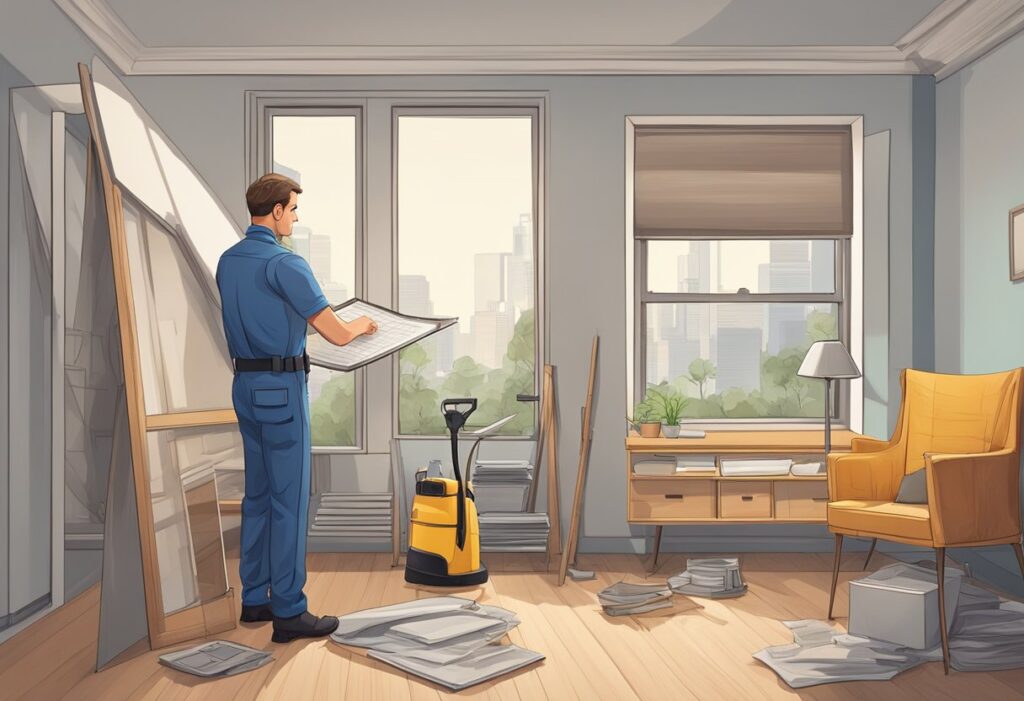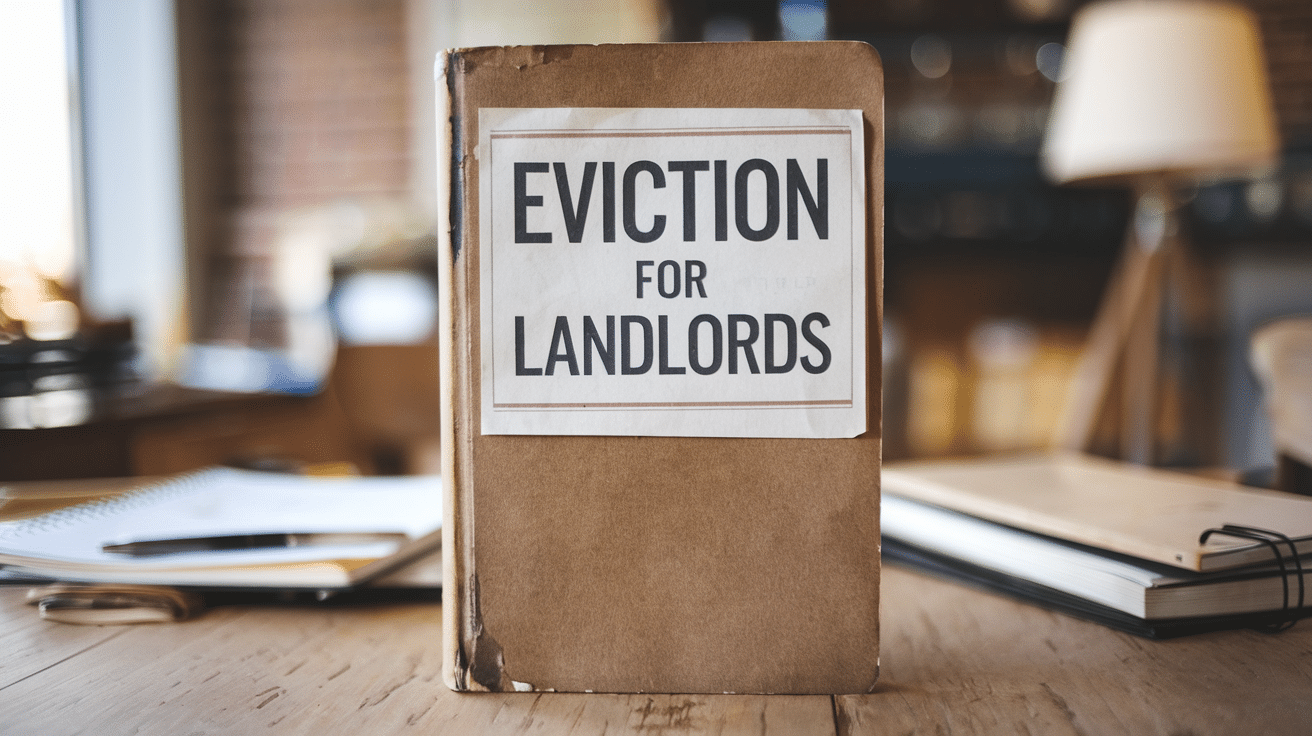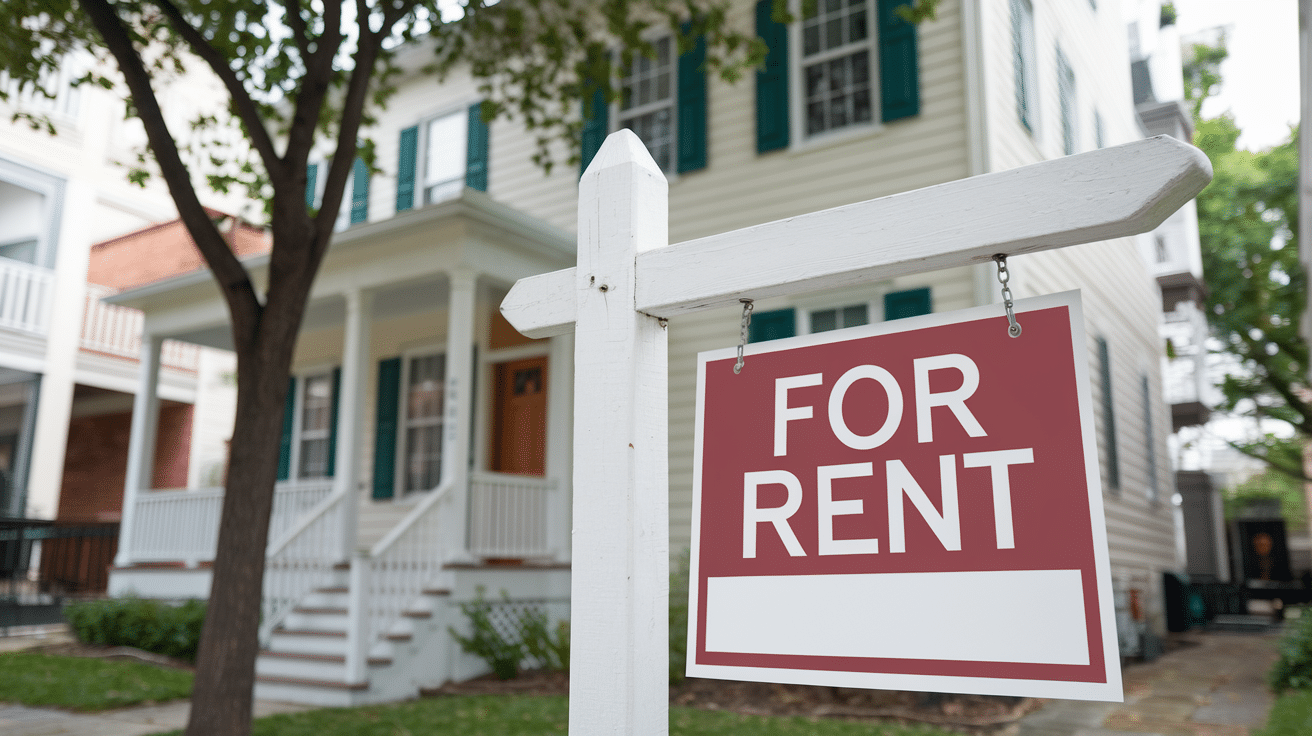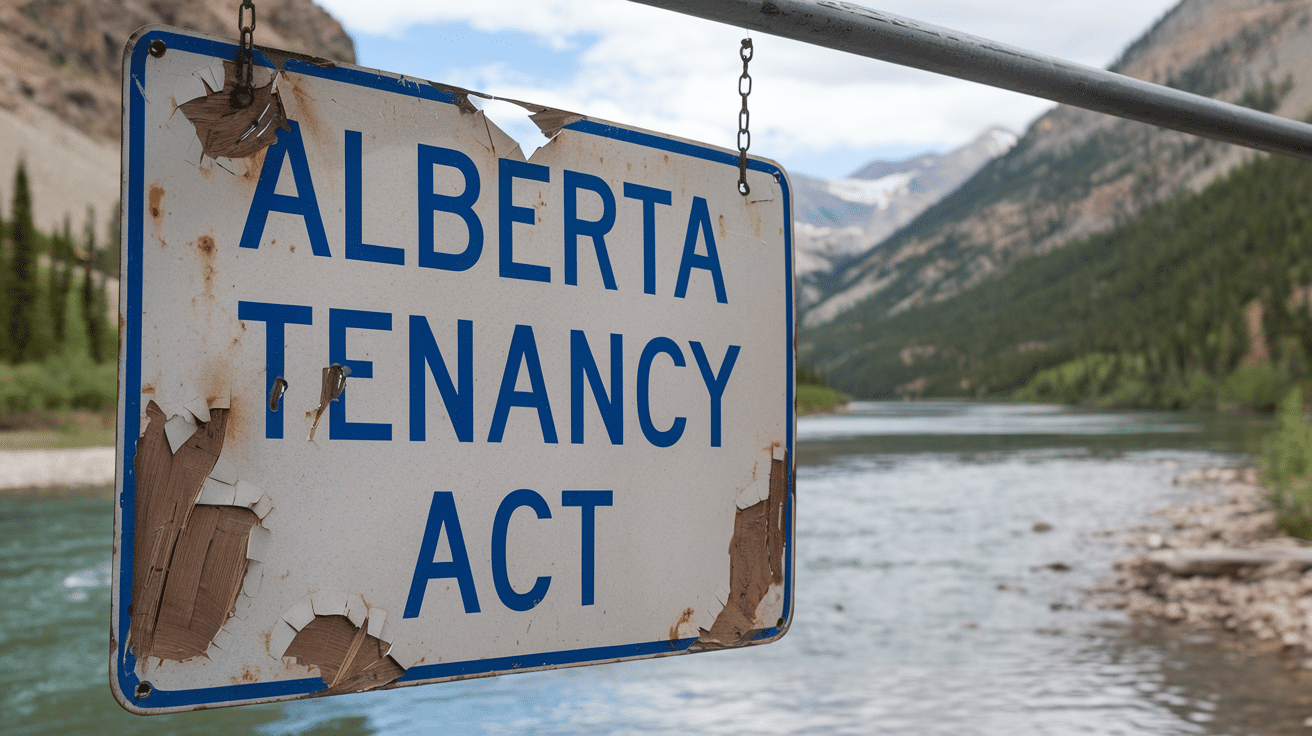Regular property inspections matter a lot in managing real estate and are fundamental to property management. Property Managers Edmonton recommends that there are inspections as often as possible to spot small issues before they turn into big, pricey problems. This way, you save money and keep the structure in good shape, ensuring the place stays safe for tenants. At the same time these inspections become a part of regular reporting so you have written record of damages, but also costs.
Inspections are more than just a tool for spotting repairs. They ensure that tenants are complying with lease terms and help identify any potential hazards, like faulty wiring or gas leaks. Regular checks keep the property in top condition, making it more appealing to current and future tenants.
Maintaining a property through regular inspections also enhances its value over time. Well-kept properties attract stable, long-term tenants who appreciate a well-maintained living space. Consistent upkeep through thorough inspections protects your investment and boosts tenant satisfaction, which can lead to higher retention rates.
Key Takeaways
- Regular inspections catch small issues early.
- Inspections ensure lease compliance and tenant safety.
- Well-maintained properties retain and attract tenants.
Conducting Thorough and Regular Inspections

Regular and thorough property inspections are key for maintaining property condition, ensuring tenant safety, and avoiding costly repairs. Implementing a consistent inspection process will help identify and address maintenance issues effectively.
Developing a Comprehensive Inspection Checklist
A comprehensive inspection checklist is essential for ensuring no area of the property is overlooked. The checklist should cover both interior and exterior aspects of the property. For interior inspections, include electrical systems, HVAC systems, plumbing, appliances, walls, and flooring. Exterior inspections should focus on the roof, foundation, walls, and any landscaping. Including safety measures like carbon monoxide detectors, smoke detectors, and security systems in the checklist is crucial to meet safety regulations. This checklist will serve as a guide to ensure all necessary areas are inspected thoroughly.
Identifying Common Issues During Inspections
Knowing what to look for helps in identifying common issues early before they become significant problems. Typical issues include water damage and mold growth, which can affect structural integrity and tenant health. Inspect electrical and HVAC systems for signs of wear and potential hazards. Check plumbing for leaks and other issues that might cause water damage. Also, assess appliances for proper functioning and any signs of deterioration. Regularly inspecting these elements can prevent minor issues from escalating into major repairs.
Ensuring Tenant Safety and Regulatory Compliance
Tenant safety is a primary concern during property inspections. Ensure that all safety hazards such as loose railings, inadequate lighting, and blocked exits are addressed promptly. Verify that carbon monoxide detectors and smoke detectors are present and functioning correctly. Complying with local safety regulations and standards is vital to avoid legal repercussions. Routine inspections can help ensure that the property remains safe and habitable for tenants, which also contributes to tenant satisfaction and retention.
Maintaining Documentation and Legal Compliance
Keeping detailed records of all inspections is important for both property management and legal compliance. Documentation should include photographs and detailed notes of any issues found, actions taken, and any maintenance conducted. This helps in tracking the property’s condition over time and provides evidence in case of disputes. Ensure that all lease agreements and inspection reports meet legal requirements and standards to avoid legal issues. Maintaining thorough documentation underscores the professionalism of property management and ensures that all activities are verifiable and transparent.
Enhancing Property Value Through Maintenance

Regular property maintenance is crucial to preserving and increasing property value. It involves proactive strategies and optimizing long-term management to address repairs, landscaping, and overall maintenance needs before they escalate.
Proactive Maintenance Strategies
Proactive maintenance means addressing potential issues before they become significant problems. Regular inspections help identify wear and tear, ensuring landlords and property managers can fix minor issues promptly. This preventive approach minimizes costly repairs and keeps the property in top condition.
Regularly scheduled repairs and maintenance activities, such as roof checks, plumbing inspections, and HVAC servicing, are essential. This not only prevents unexpected breakdowns but also enhances the property’s longevity. Landscaping is another critical area. Well-maintained gardens and lawns boost curb appeal, attracting quality tenants and potentially increasing rental property values.
Optimizing Long-Term Property Management
Optimizing long-term management involves incorporating effective property management practices that go beyond basic maintenance. By conducting regular checks and addressing maintenance needs promptly, property managers ensure the property remains in excellent condition. This helps in preserving the value and securing a better return on investment (ROI).
Implementing a preventative maintenance schedule is also vital. Regular tasks like checking fire alarms, cleaning gutters, and servicing appliances can prevent small issues from becoming major problems. Keeping the property in pristine condition not only prolongs its lifespan but also makes it more appealing to potential buyers or tenants, ensuring long-term success and profitability.






